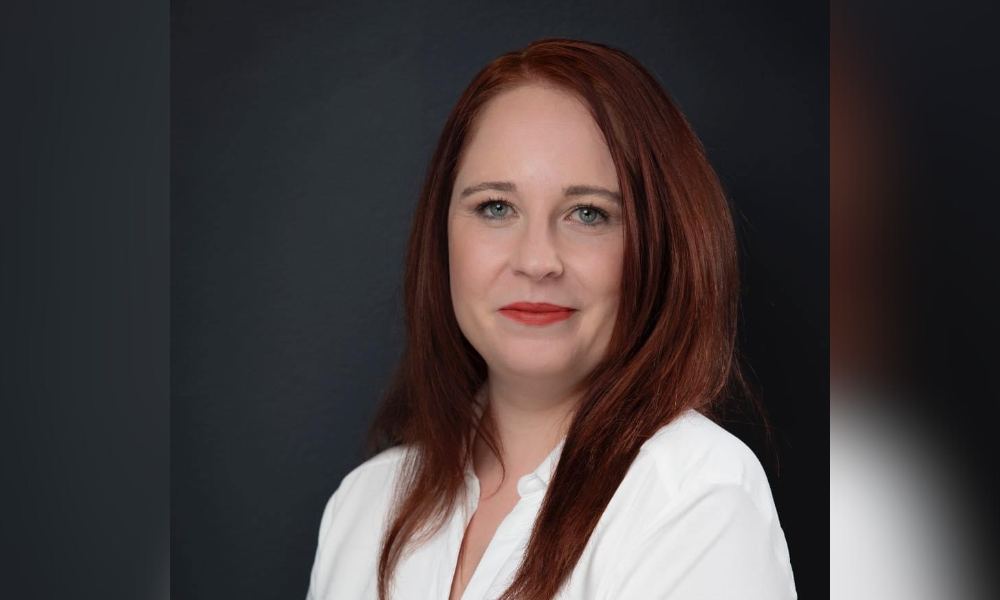Brokers debate whether the industry qualification is good enough

“I will be very clear about this,” declared broker Ajay Nayyar (pictured left) as he delivered a stinging appraisal of the mortgage industry’s most recognised qualification. “I believe CeMAP is basically a joke in its current form. Anyone can pass it and it teaches very little about what being a good adviser actually involves. The world of mortgages and property finance has changed massively, yet most of the material is outdated and does not reflect the market we are in today.”
CeMAP – the Certificate in Mortgage Advice and Practice - is designed to meet the standards required by the Financial Conduct Authority, to practice as an adviser. It’s estimated that around 80% of UK advisers hold the qualification awarded by Walbrook Institute London (formerly London Institute of Banking and Finance). But the owner and managing director of Hearthstone Mortgages remains unconvinced by its merits today. “The whole CeMAP process is outdated and needs a complete overhaul,” Nayyar told Mortgage Introducer. “Even some of the ongoing CPD (continued professional development) questions are incorrect and have nothing to do with the reality of how we operate now. The barrier to entry should be much higher.”
Furthermore, Nayyar believes there needs to be clear guidance and qualification requirements for advisers operating in the non-regulated space. “Right now, anyone can get involved with unregulated deals and it is horrendous,” he said. “I also see huge problems where key areas are not taught properly at all. For example, limited company transactions. Many advisers jump straight into these deals without understanding them and purely chase the commission. I am left cleaning up these messes every single week. The damage that can be done to a client by poor advice in this space is frightening.”
Another big issue, from Nayyar’s perspective, is advisers giving advice on investment deals when they have never invested themselves. “If you have not done it, you should not be advising on it,” he suggested. “You cannot give proper advice on something you do not understand from real world experience.”
Luther Yeates (pictured second from left), head of mortgages at Orton Financial, is in agreement but points out that, like most tests, CeMAP is really just designed to test the ability to apply information. “It is then up to the individual to gain the experience required to be a good adviser,” Yeates reasoned. “I don’t see how we could meaningfully raise the barriers to entry unless you also place minimum requirements to be eligible to study CeMAP in the first place. It isn’t CeMAP which has made me a good technical adviser, it will be my degree, A levels and GCSEs. I’ve trained quite a few advisers, and those with relevant degrees fared much better than those without. CeMAP is just a box-tick, so I expedite any new staff through CeMAP so I can actually start teaching them how the market really works.”
Experience as a broker is also key to Hannie Mason (pictured second from right), director of Mortgages with Hannie & Co. “CeMAP is a solid starting point, but I wouldn’t say it’s a true reflection of what we actually do as brokers,” Mason said. “The job requires a lot of real world problem solving, emotional intelligence, and the ability to guide clients through some of the biggest financial decisions of their lives, and that can’t be measured with multiple choice questions and being essentially good at revision and retaining information.”
She continued: “There are definitely useful parts to the qualification which are mainly the scenario-based questions, because they begin to touch on the reality of client conversations and decision making. But overall, being able to pass an exam and being able to do this job well are worlds apart. The risk is that some advisers treat CeMAP as the finish line, when really it’s just the beginning. That said, I don’t think it’s about making the qualification harder, it’s about making it better. It needs to do more to reflect the practical, advisory side of the job, and help new brokers step into the role with a better understanding of the client experience and regulatory responsibilities we carry.”
Read more: Taking time off in the mortgage industry
CeMAP is a starting point
For Kim Balasubramaniam (pictured right) director and founder of brokerage Versed, the industry’s entry level exams are merely a starting point. “Continuing professional development, mentoring and further training are crucial for people to get to grips with their actual role, not just the semantics required to pass the assessment,” she said. “There are many additional skills new entrants to the industry will need to get to grips with, not least those of working with, understanding and handling clients. So perhaps the question isn't whether CeMAP is too easy, but more whether it's clear enough from the outset how much more candidates will need to do once they've passed.”

Meanwhile, Matt Coulson (pictured inset, above), a qualified adviser and founder of Heron Financial, believes it’s important to recognise that there has to be a yardstick. “There always needs to be some kind of barrier to entry,” Coulson said, “and effectively a check on somebody’s ability to carry out the core functions of the job. That being said, I am a huge fan of the continued professional development angle, so whether it’s a firm or an individual adviser, there should be a requirement for ongoing testing and learning. Most networks have that kind of thing in place, but I appreciate that’s not always present when it comes to directly authorised individuals or maybe smaller brokerages.”
Coulson suggests that as well as passing CeMAP, advisers should face some level of ongoing review, scrutiny, and personal development plan, to ensure they are always in their A game and being kept up to date with the latest trends. “That’s part of the reason why we run a high productivity model at Heron,” he said. “That constant busyness and constant interaction with clients does really lend itself to advisers who rapidly increase their knowledge base and then retain that level of knowledge whilst keeping up to speed with the latest developments through necessity. So, I think it’s something that maybe we could consider as an ongoing assessment, ongoing review, which lots of networks do put in place - but is there a way that we can perhaps formalise that to make sure that the knowledge is being retained and built?”

The CeMAP exams can be challenging if you are not someone who finds that environment easy - and the books are an arduous read too, according to Emily Franks (pictured inset, above), director of Emily’s Mortgage Services. “I compare it to a driving test,” she said. “During the theory test and the practical lessons, you learn some background and the basics but it’s not until you are out in the wild do you truly learn what it means to be a driver/broker. CPD helps more with the everyday work of being a broker and actually I think it would be great to see LIBF and the like offering a workshop on completion of CeMAP to gain more understanding of the role itself and what the process looks like.”



